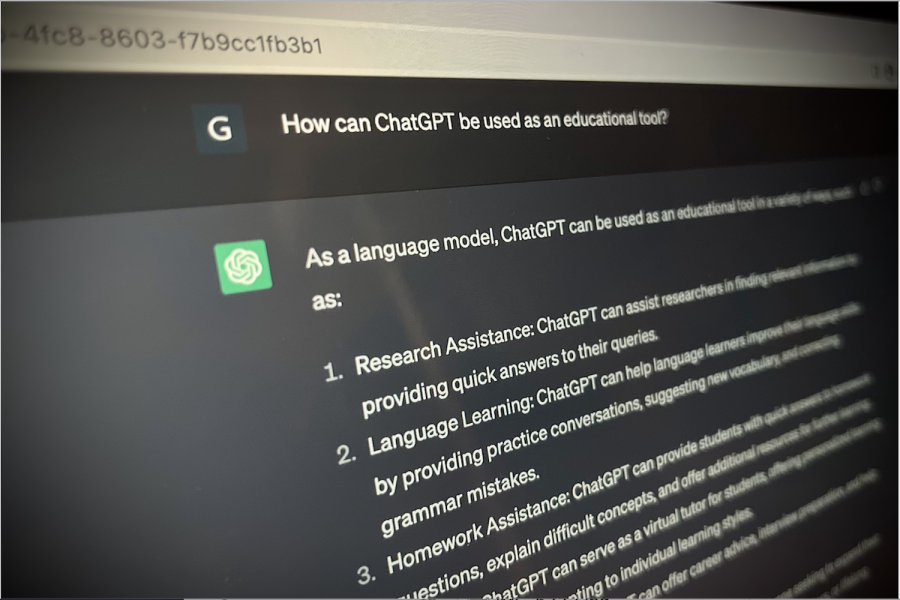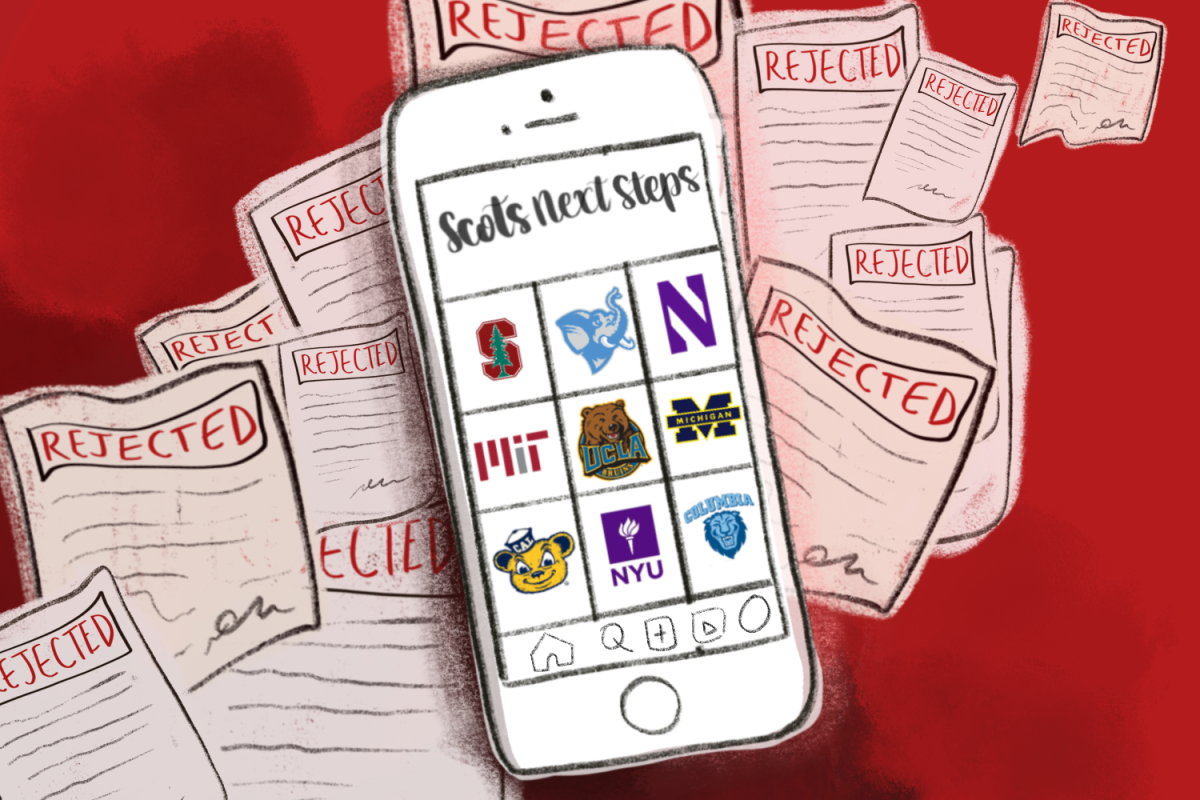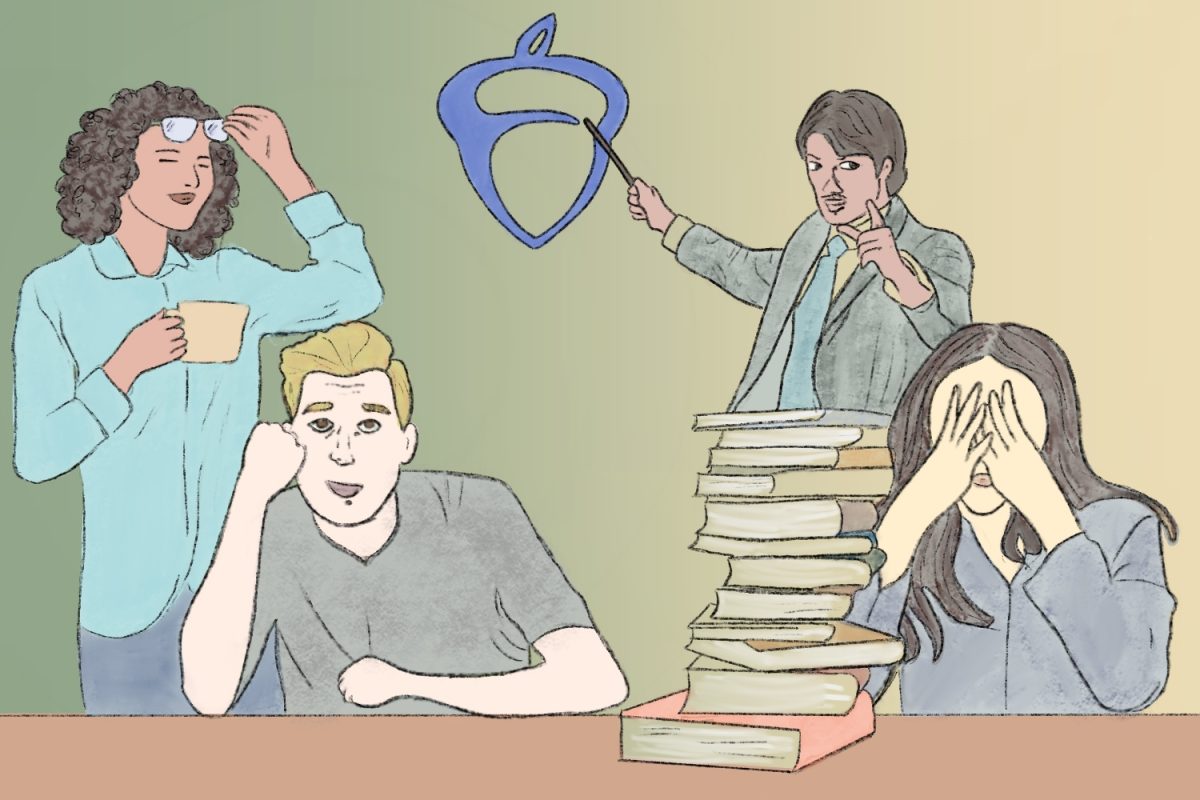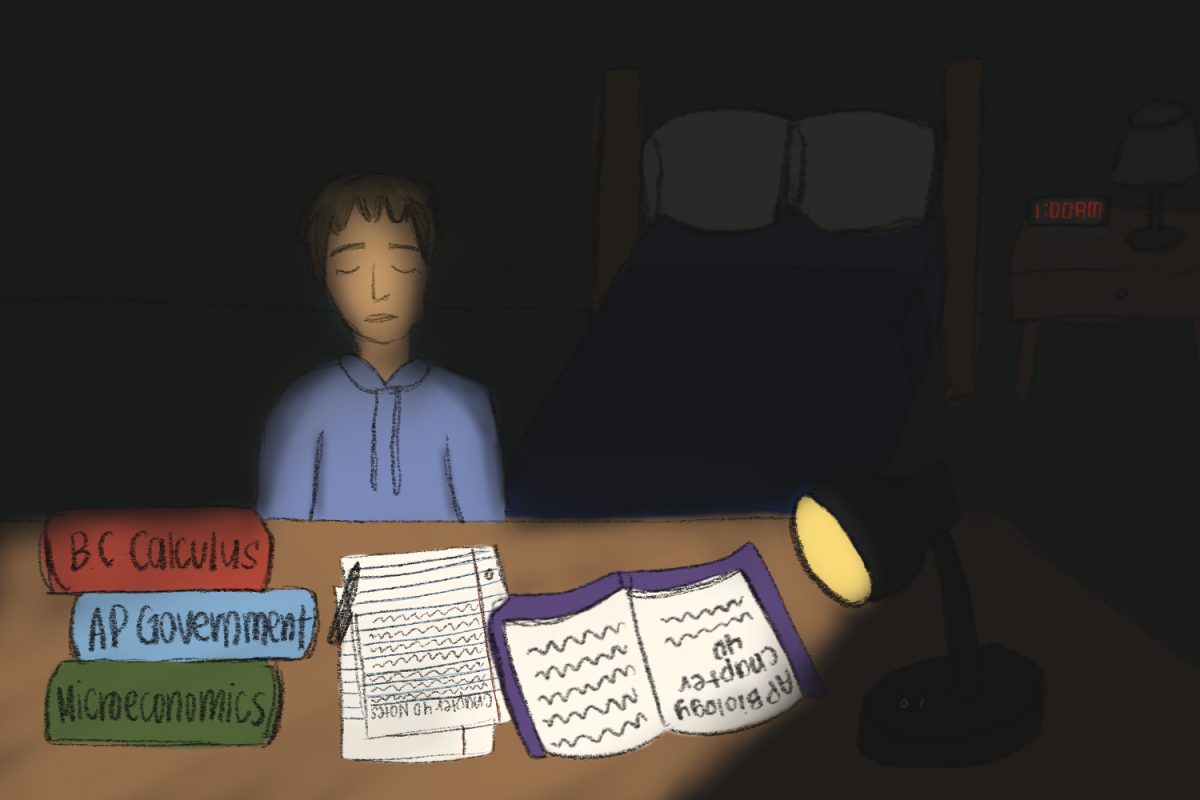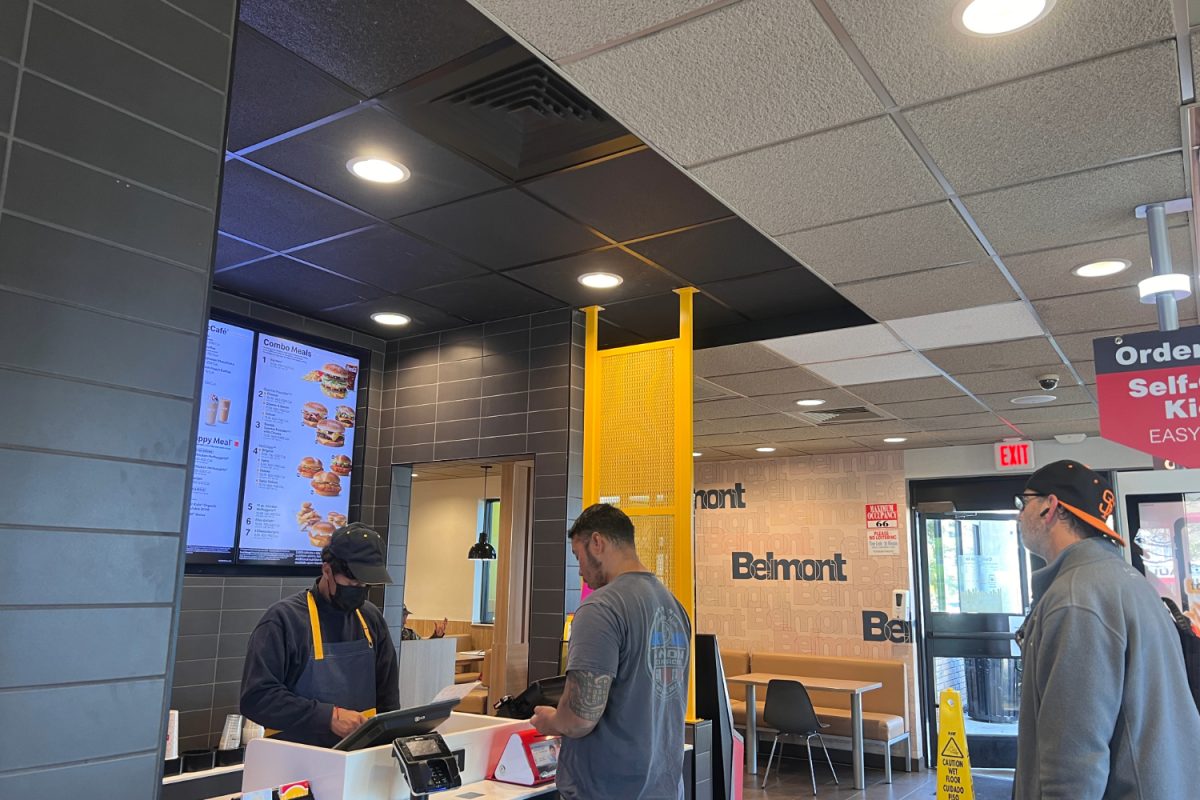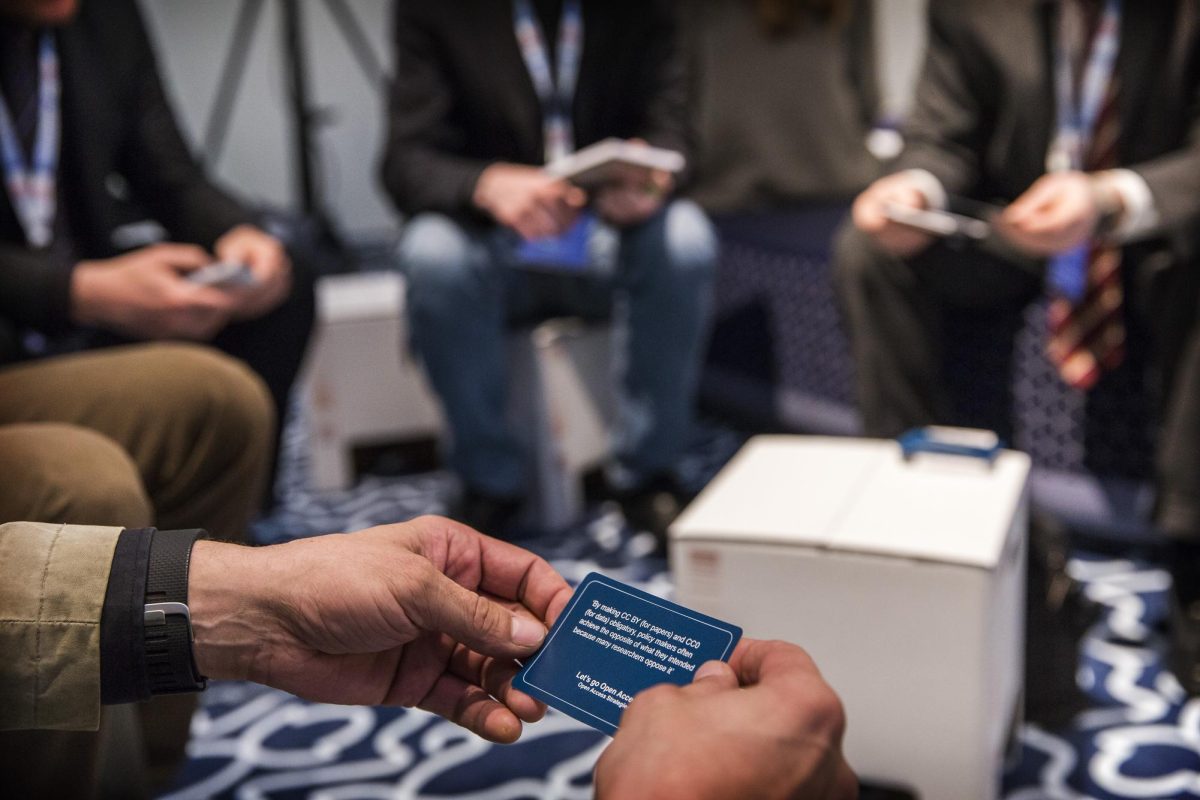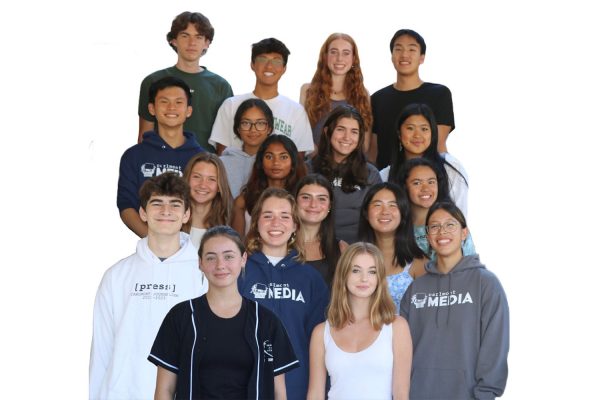Capable of writing essays, solving complex math problems, producing computer code, and more, ChatGPT is truly a renaissance… bot.
While powerful, the chatbot is highly polarizing, especially in educational circles. Its accessibility and vast scope of data introduced a potential for cheating that has sent many educators into a panic.
Cheating is undoubtedly a reasonable fear when AI becomes intertwined with education. After all, students can pass off AI-generated content as their own, which poses a clear threat to academic integrity.
In response, many schools nationwide have banned ChatGPT, and Carlmont has joined the bandwagon, blocking the site on the school internet. But the effort to thwart cheating did not stop there. Many Carlmont classes have reverted to hand-written work, and some teachers have tried to craft convoluted Chat-GPT-resistant questions.
However, this scramble to expel any opportunity for students to use ChatGPT is not worthwhile.
For one, students who want to will find a way to use AI to cheat on schoolwork, despite any bans the school might impose. In a technological race between digitally fluent students and their teachers, it is difficult to imagine a victory for the latter. Students can access ChatGPT on other devices and even navigate around a schoolwide network ban.
Current ChatGPT detection software is also unreliable. Even if it were completely foolproof, keeping up with the latest programs would be a considerable chore for educators.
Furthermore, ChatGPT may be the most popular and accessible chatbot right now, but similar platforms are already emerging.
Thus, preventing students from using ChatGPT or an adjacent program to cheat would be an endless and burdensome task. Carlmont should instead channel its energy into determining how its classrooms could responsibly benefit from the tool.
For example, if teachers were to formally introduce students to ChatGPT, they could spread awareness about its limitations and open a conversation about the growing role of AI in our society.
Even the chatbot’s flaws – such as its tendency to make up facts – could contribute to a critical thinking exercise in which students are tasked to evaluate the validity of its responses.
Adapting to ChatGPT in this way is by no means a solution to cheating, but it’s imperative for Carlmont to consider its priorities. If our primary goal is to thwart cheating, then prohibiting the use of ChatGPT may be appropriate. However, if the school values fostering curiosity and preparing students for an ever-evolving world, as I hope it does, then we should embrace the change.
The feasibility of implementing ChatGPT as an educational tool is also debatable, especially considering the controversy surrounding its use, but small and thoughtful steps toward its application could make all the difference.
High schools have the unique responsibility of preparing students for the adult world. For our generation, this will likely be a world in which AI plays a prominent role. Integrating AI into education on such a small and controlled scale is an efficient way to make the difficult adjustment to this strange – and somewhat sci-fi-reminiscent – future.
*This editorial reflects the views of the Scot Scoop Editorial Board and was written by Gabrielle Shore.
The Editorial Board voted 8 in agreement and 6 refrained from voting.

